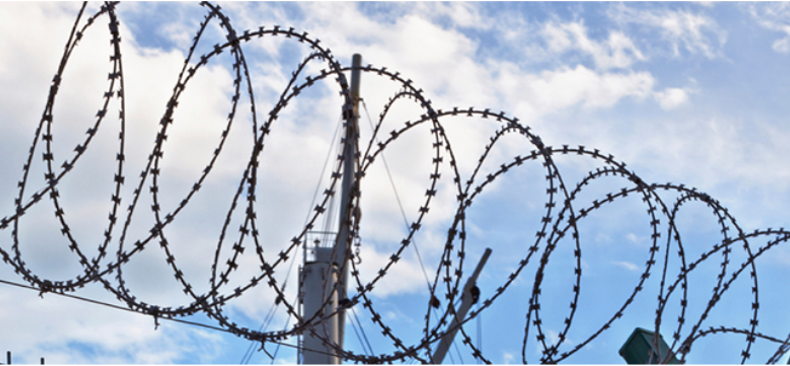For trade to flow effectively, the connections between ships, ports and people must also be secure.
IMO facilitates this by helping Member States enhance their maritime security,
focussing on what the civil maritime stakeholders, which includes both the
shipping and port sectors, can do to protect themselves and to assist
governments to protect global maritime trade.
IMO responds to maritime security threats in two ways: by developing
appropriate regulations and guidance through its Maritime Safety Committee and
Facilitation Committee; and through capacity-building work.
IMO’s multi-donor International Maritime Security Trust Fund supports global, regional and national projects around the world which enhance the capacity of countries to deal with security threats, while specific trust funds support work in the Gulf of Guinea and in the western Indian Ocean.
International Ship and Port Facility Security Code (ISPS Code)
The cornerstone of IMO regulations to address maritime
security is the International Convention for the Safety of Life at Sea (SOLAS)
chapter XI-2 Special Measures to enhance maritime security, which makes
mandatory
the International Ship and Port Facility
Security Code (ISPS Code).
The ISPS code contains detailed security-related
requirements for Governments, port authorities and shipping
companies in a
mandatory section (Part A), together with a series of guidelines about how to
meet these requirements in a second, non-mandatory section
(Part B).
Cyber security
A ship’s onboard information technology and operational technology systems can be hacked just as easily as systems ashore. Such security breaches have the potential to do considerable harm to the safety and security of ships, ports, marine facilities and other elements of the maritime transportation system, IMO has taken the initiative to raise awareness across the industry on how to tackle risks by promoting a maritime cyber risk management approach.
The overall goal is to support
safe and secure shipping, which is operationally resilient to cyber risks.
IMO has issued MSC-FAL.1/Circ.3 Guidelines
on maritime cyber risk management.
Piracy and armed robbery against ships
IMO has been addressing maritime
piracy for some time. A series of measures, developed in co-operation
with Member States and the shipping industry, have helped
significantly reduce piracy in the hot spots of the world.
In the late 1990s and the early 2000s the focus was on the South China Sea and
the Straits of Malacca and Singapore; and since 2005, IMO has addressed
piracy off the coast of Somalia, in the Gulf of Aden and the wider Indian
Ocean. IMO is currently implementing a strategy for enhancing maritime security
in West and Central Africa.
IMO has issued a range of guidance aimed at addressing maritime security concerns. For piracy and armed robbery against ships, this includes Guidance to Governments, shipowners and ship operators, shipmasters and crews on preventing and suppressing acts of piracy and armed robbery against ships; investigation of offences and the use of armed personnel. Regionally focussed Best Management Practices, developed by international shipping industry bodies, have also been disseminated by IMO.
Stowaways
Through the Convention on Facilitation of
International Maritime Traffic (FAL Convention), IMO has issued standards and
recommended practices for addressing the problem of stowaways, associated
guidance and is working with a number of countries to help address the problem.
IMO strongly encourages Member States to fully
implement the special measures to enhance maritime security contained in SOLAS
chapter XI-2 and the ISPS Code, which also contain clear specifications
on access control and security measures
for port facilities and ships.
Unsafe mixed migration by sea
IMO has called for greater focus to be placed on addressing unsafe migration by sea through more safe and regular migration pathways, so that fewer lives are lost due to large numbers of people setting out to cross the sea in overcrowded and unseaworthy vessels.
IMO has coordinated input from relevant international organizations and the shipping industry to the Global Compact on Migration, a UN Member State-led process that emanated from the 19 September 2016 New York Declaration for Refugees and Migrants approved by Heads of State during the UN General Assembly. This two-year long process is expected to culminate in the adoption of the GCM at an intergovernmental conference on international migration in 2018.
Source: http://www.imo.org/en/MediaCentre/HotTopics/piracy/Pages/default.aspx

